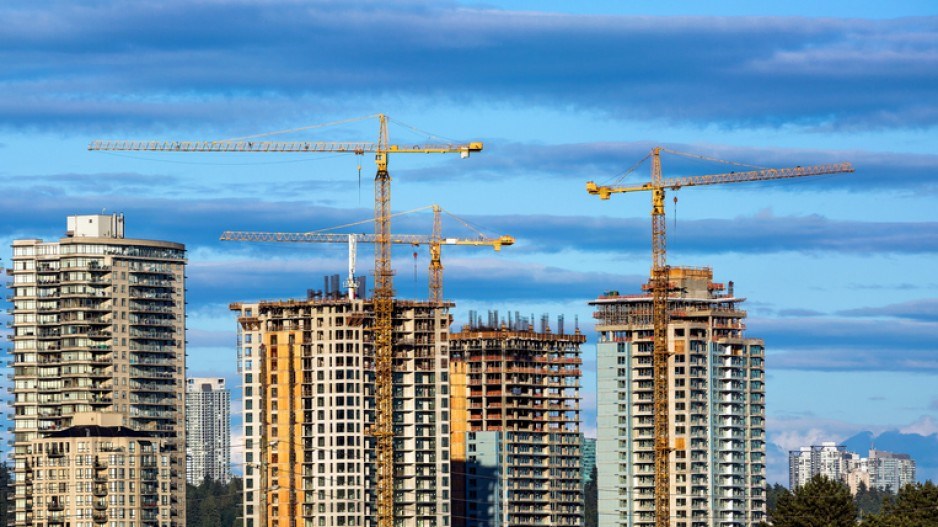While vaccines are offering hope to British Columbians for a return to a normal life in the coming year, the prospect of mass vaccinations is also brightening the outlook for province’s economy.
RBC economists are now forecasting B.C.’s real GDP will grow 5.9% in 2021 — up from the 5.1% growth projected in December 2020.
Canadian regulators had only approved two vaccines as of December, while doses from Pfizer Inc. (NYSE:PFE) and Moderna Inc. (NYSE:MRNA) were trickling in at a snail’s pace.
Health Canada has since given the nod to two more vaccines and the country is expecting a total of eight million doses from three manufacturers by the end of March.
“British Columbia started to ease restrictions before many other provinces, which will speed up the recovery of many of its service industries. We expect consumers will show up en force when the time comes,” RBC economists Robert Hogue and Carrie Freestone wrote in their March 10 forecast.
“Business and public sector plans will see capital expenditures rise by 5.7% this year. The province has major projects underway, including the LNG Canada terminal in Kitimat, Site C hydroelectric dam and Coastal Gas Link pipeline.”
The bank is also boosting its housing starts forecast for the province to 37,200 units — up nearly 3,000 units since the December forecast.
“Similar developments across the continent bode well for British Columbia’s wood products industry and exports,” the economists noted, adding the province’s own housing market will see growth resulting from strong demand and declining inventories.
Immigration, a long-time driver of housing demand on the West Coast, has been throttled during the pandemic amid border restrictions.
But Ottawa revealed plans in October 2020 to bring in 1.2 million immigrants over the next three years to address labour shortages and boost the economy.
The return of throngs of international students is also likely to drive up demand for housing in the coming year.
B.C.’s projected 5.9% growth still trails forecasts for Quebec (6.5%), Ontario (6.2%) and New Brunswick (6.1%).
“The respective speed and extent of the phasing out of restrictions will largely determine when the economic engine in each province will rev up. The rebound in commodity markets and prices have boosted the prospects for resource-heavy provinces,” the outlook stated.




